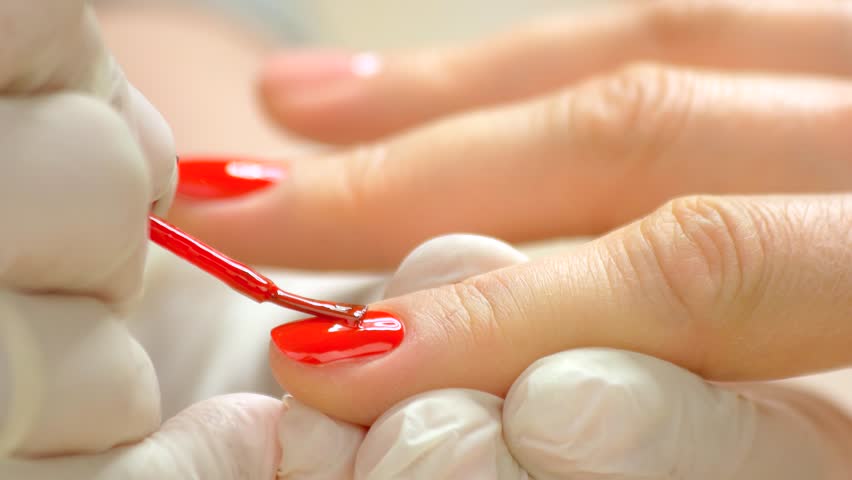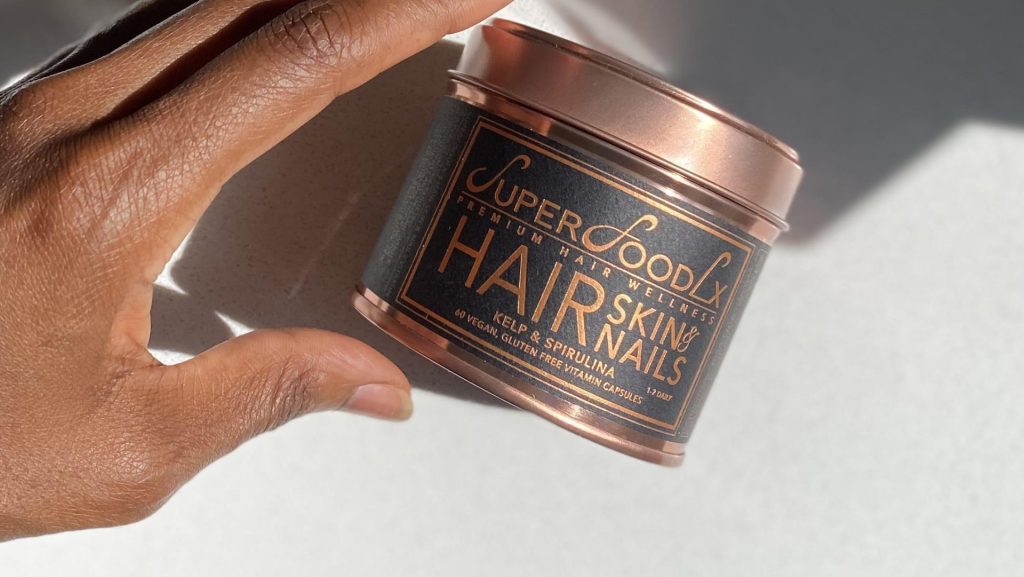Covid-hit hair and beauty therapists go mobile in post pandemic world
The hair and beauty industry is at risk of a "worrying skills gap," if the number of self-employed workers operating from home or via mobile services continues to grow, a new report is warning.
The Covid-19 pandemic has triggered a shift in the way in which self-employed hairdressers and beauty therapists work, with 30% having opted to convert garages and rooms in their homes, or having gone mobile, since the first lockdown, the report, co-commissioned by the British Beauty Council says.
According to the report: Self-Employment in the Personal Care Sector, self-employed workers now account for almost two-thirds of all workers in the hair and beauty industry, while 40% now have ‘home salons.’
More than 80% of those surveyed also said that they would continue to work for themselves, with three-in-five self-employed workers saying they were now earning more than they were employed.
British Beauty Council Chief Policy Officer Victoria Brownlie said: “The survey findings make it clear that self-employment within the personal care sector is a trend that is here to stay.
"The freedom and autonomy that working in this way gives to practitioners, who are predominantly women, to balance their careers and other commitments such as family is impossible to ignore.
"However, as self-employment grows, it is likely that practical learning opportunities in salons will decline, creating a worrying skills gap.
"This represents a new challenge to maintain the visibility, standards and level of service our sector needs to continue building its reputation with policymakers and wider society. Adequate skills, training and insurance and operating legitimately are essential to this.”
The report, which was also commissioned by the British Association of Beauty Therapy & Cosmetology, the UK Spa Association and the National Hair and Beauty Federation, gathered 1,809 views from within hair and beauty across all areas.






